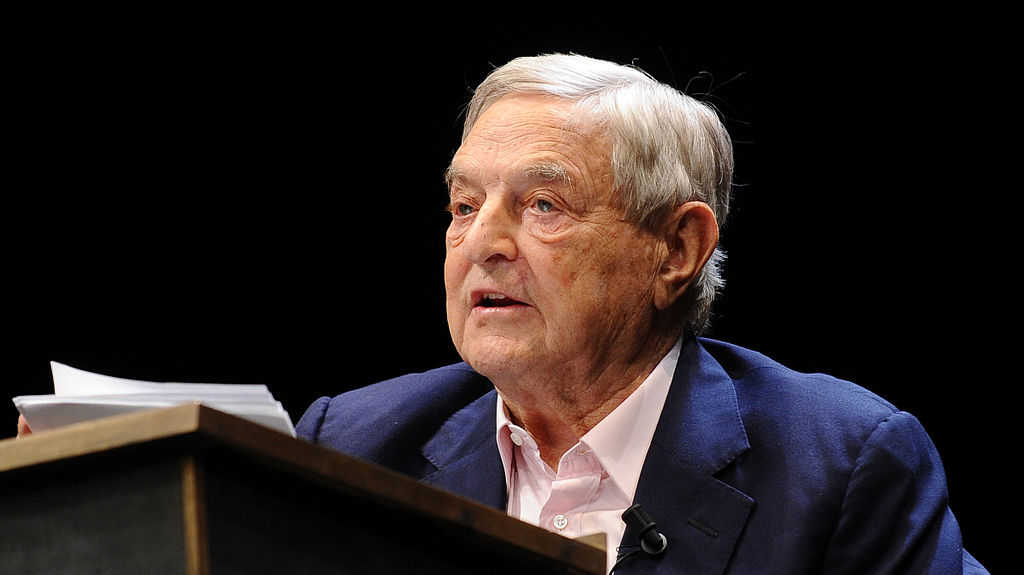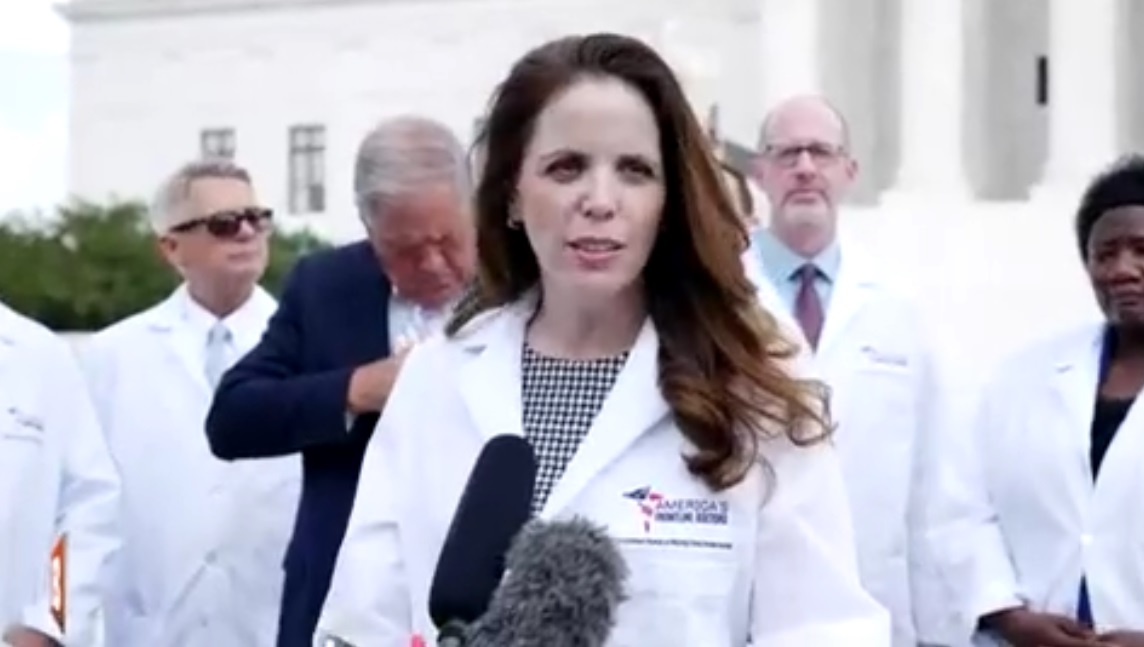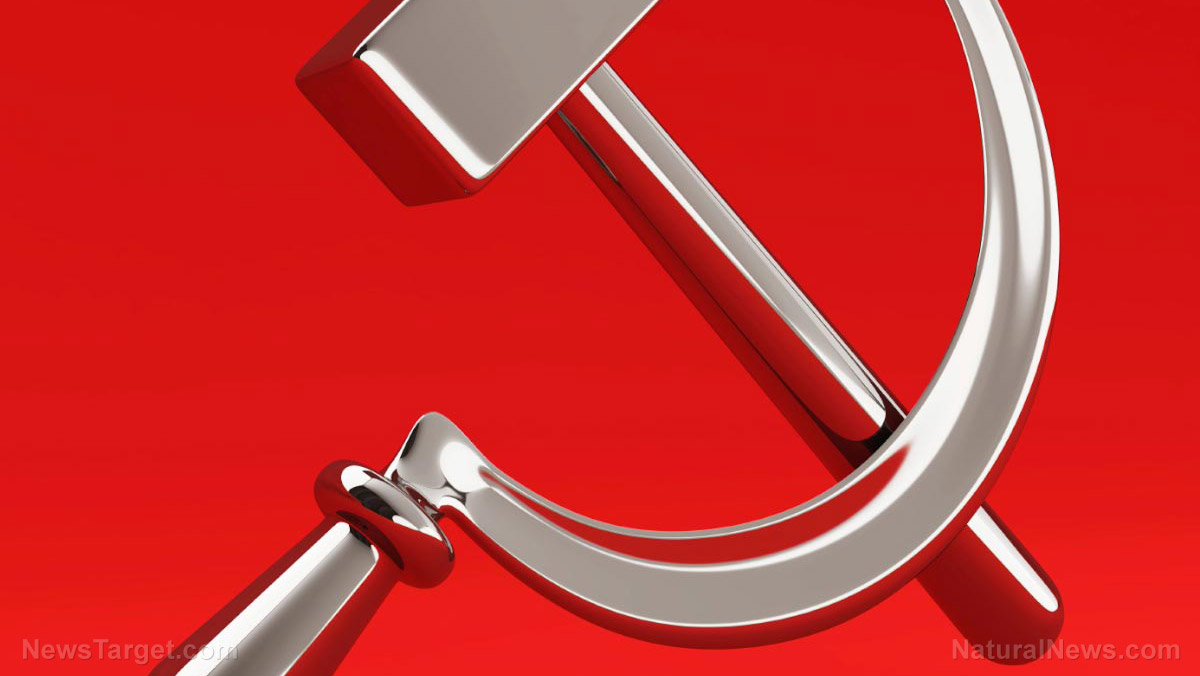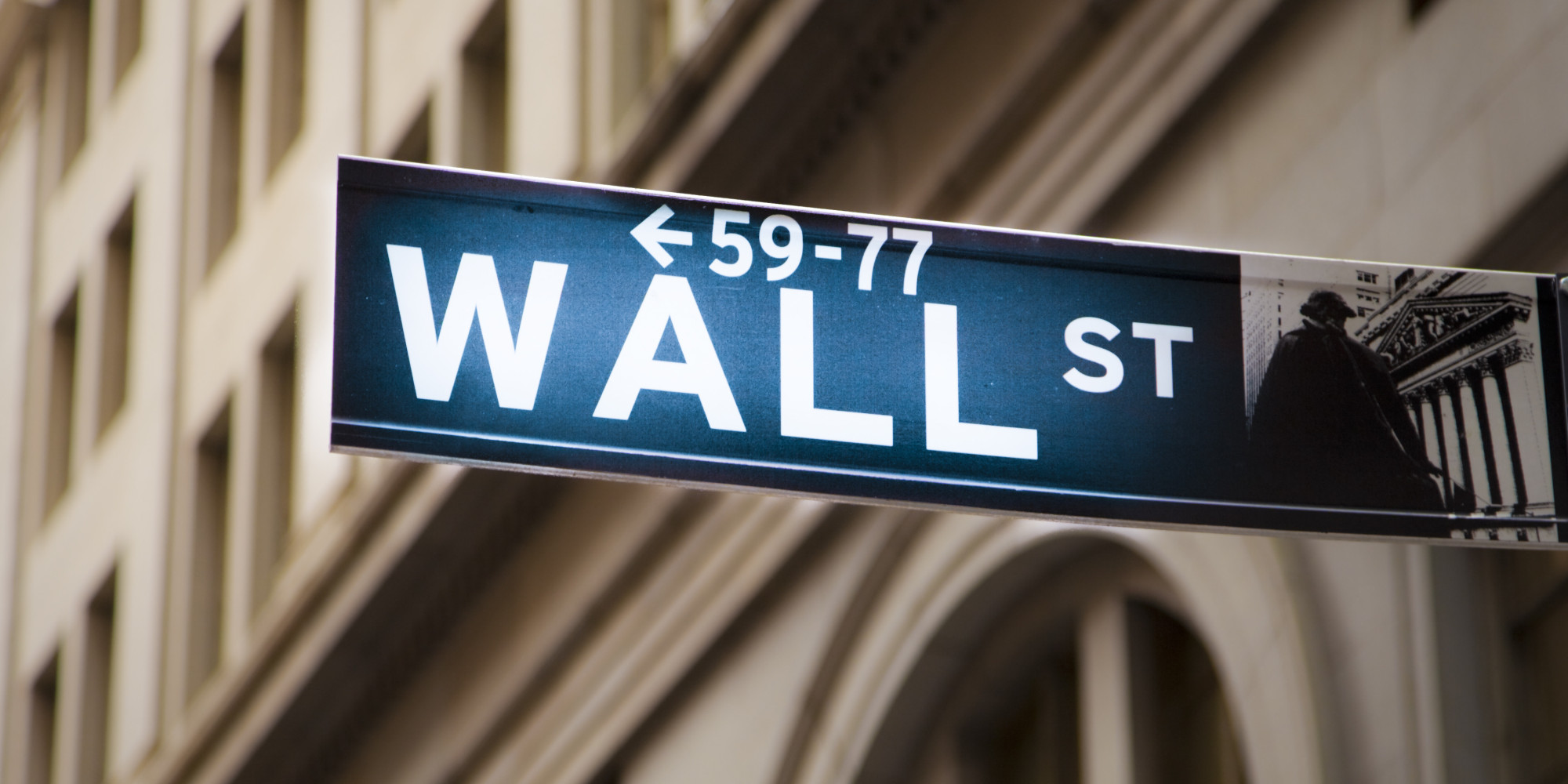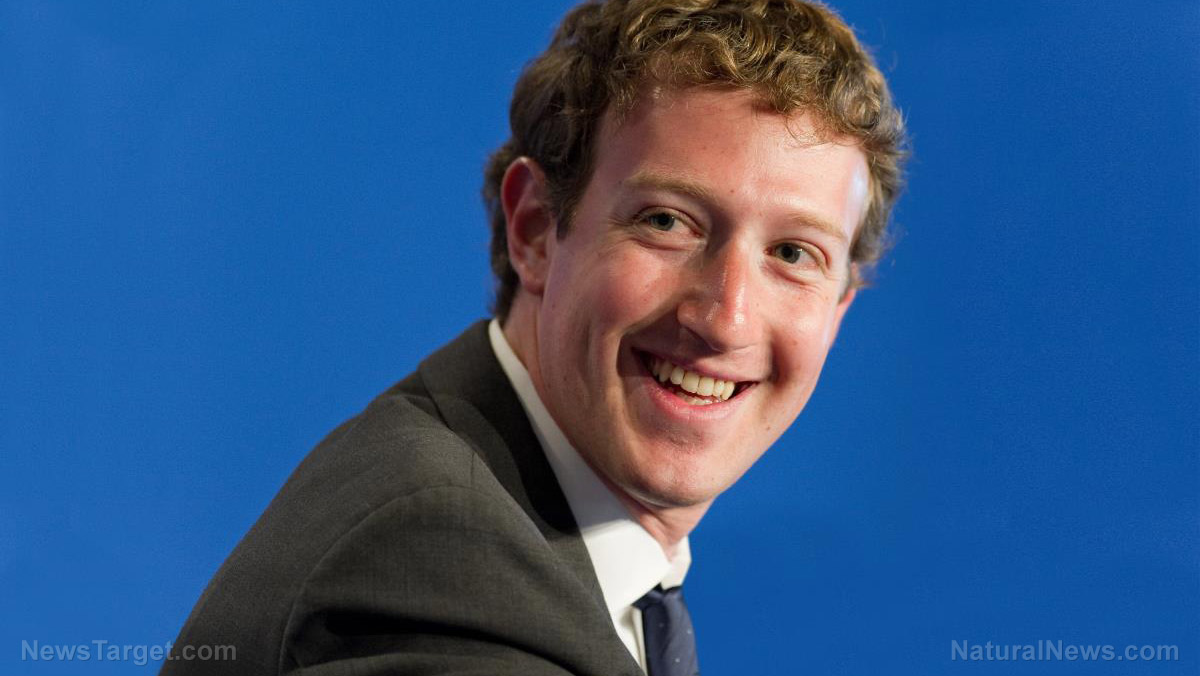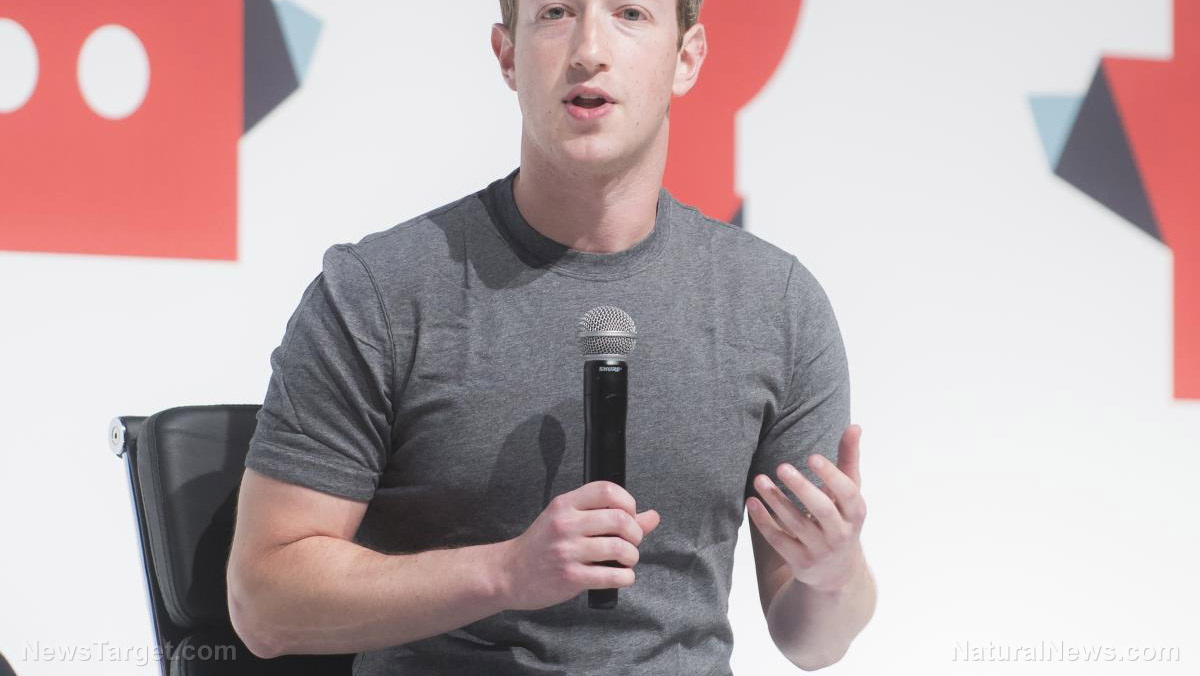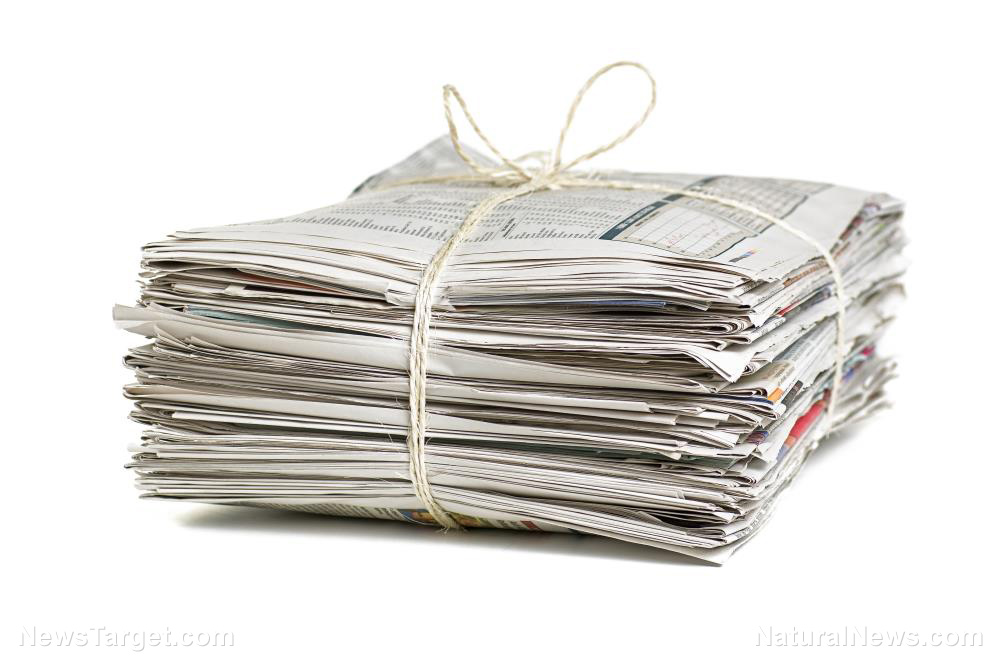Facebook bans hashtag #savethechildren – Big Tech now protecting PEDOPHILES
08/10/2020 / By Ethan Huff
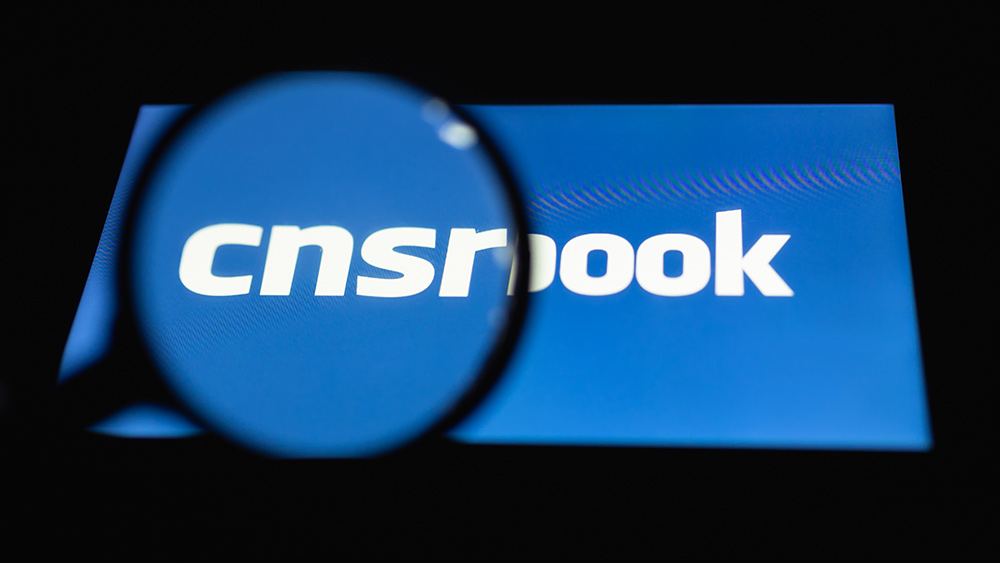
From coast to coast, Americans everywhere are rising up against pedophilia and human trafficking as part of a growing movement known as “Save the Children.” But a #savethechildren hashtag that had begun to go viral on social media has been banned from Facebook, which apparently now caters to pedophiles.
The arrest and death of Jeffrey Epstein combined with continued circulating news about Hollywood child sex abuse has indeed sparked a wave of outrage that is spilling over into our streets as well as online. And Big Tech, which is presumably implicated, is now trying to put the worms back into the proverbial can with mass censorship.
If you still use Facebook, check it out for yourself. You will see that the popular #savethechildren hashtag is no longer available on the platform, as Mark Zuckerberg’s censors have completely removed it from showing up in searches.
Consequently, Facebook users are no longer able to discover articles like the one linked below from WTOC in Georgia, where demonstrators marched from Johnson Square to City Hall in Savannah to show solidarity with the millions of children who are commercially trafficked and sexually exploited in America every single year.
“Exploitation of children is not something that happens only on private islands in the Caribbean,” stated Dominic Box, the rally’s organizer. “It’s something that takes place in our schools, in our churches, in our streets, and the reason why we’re bringing awareness today, the reason why we have this rally is because we feel like it’s an issue that hasn’t gotten enough attention.”
Ironically, one survivor of child sex abuse who was in attendance said that parents need to be paying much closer attention to what their children are doing online, especially on social media. Human traffickers are all over platforms like Facebook, it turns out, and Facebook is happy to have them there as evidenced by its censorship of the #savethechildren hashtag.
“People need to speak up and share their stories,” says Ashley Barras. “If you were a survivor yourself, if you are a victim, if you have witnessed it, please speak up. We need people like you. This is something that’s been going on for far too long and it needs to be brought to light.”
Why doesn’t Facebook want you to know the truth about child sex predators and human trafficking?
Speaking up becomes a whole lot more difficult when Facebook does not allow it, however. If child sex victims like Barras are unable to hashtag articles and other content with #savethechildren, then getting the word out about what is happening behind closed doors becomes an impossibility – which is exactly what Facebook seems to want.
We have yet to determine the rationale behind Facebook’s ban of the #savethechildren hashtag because it is not technically official. We just happened to notice it when trying to identify content on Facebook that is linked to the movement, only to discover that all such content has essentially been blacklisted.
Not to be confused with the Save the Children charity, which still has a presence on Facebook, #savethechildren is a grassroots effort to expose the dark underbelly of child sex abuse and trafficking in this country, which reaches the highest echelons of government and religion.
“We’re mad [and] tired of people looking the other way,” says Kayla Gitchel, who helped organize a Save the Children march in Redding, California.
“This has been brushed under the rug for way too long. We’re here to make some noise. We’re here to make people notice. Because it’s about time we stand up and do something for our children.”
More related news about Facebook’s harboring of human traffickers and child sex abusers is available at Evil.news.
Sources for this article include:
Tagged Under: #savethechildren, Big Tech, Censorship, Child abuse, child predators, demonic, evil, Facebook, pedophiles, Save The Children, tech giants, Twisted, zuckerberg
RECENT NEWS & ARTICLES
COPYRIGHT © 2018 SPEECHPOLICE.NEWS
All content posted on this site is protected under Free Speech. SpeechPolice.news is not responsible for content written by contributing authors. The information on this site is provided for educational and entertainment purposes only. It is not intended as a substitute for professional advice of any kind. SpeechPolice.news assumes no responsibility for the use or misuse of this material. All trademarks, registered trademarks and service marks mentioned on this site are the property of their respective owners.






